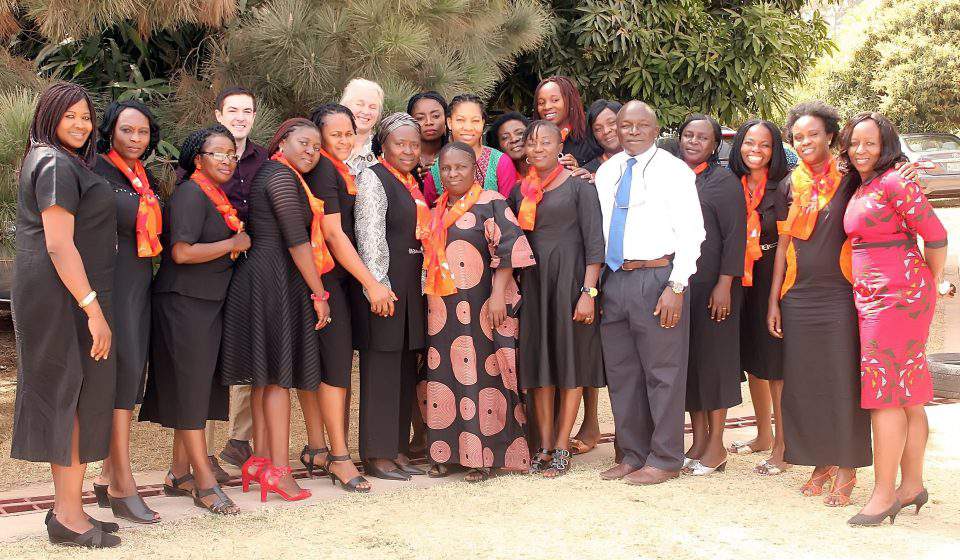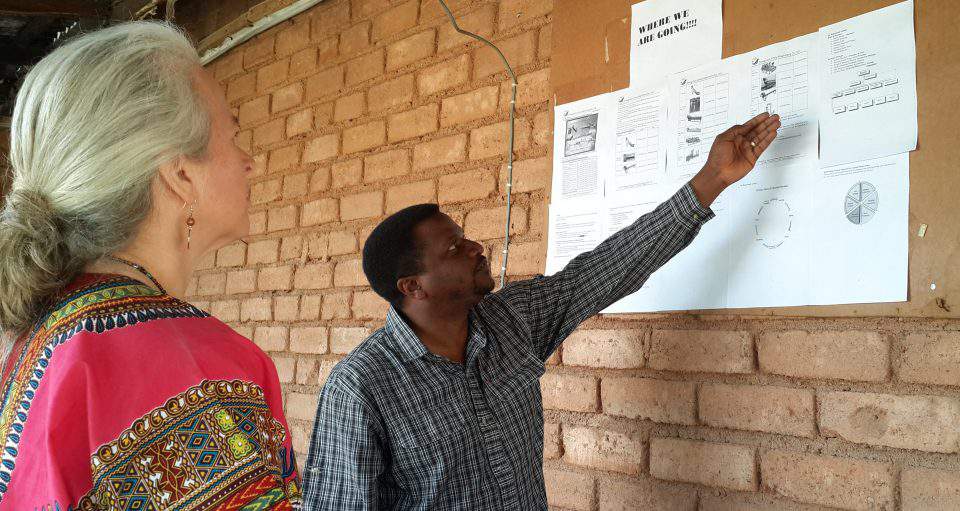Love and Justice Prevail: Advocacy in Nigeria
“The Giant of Africa,” as Nigeria is known, is home to 182 million people, more than any nation in Africa.
Over the past several years, Nigeria’s economy has skyrocketed, from a GDP of $169 billion in 2009 to $546 billion in 2014. Economists started proclaiming Nigeria the next global economic power, and many said they would have a top ten economy by 2050.
Then 2015 came. Oil prices plummeted and Nigeria’s booming economy halted. Their currency, the Naira, devalued in unprecedented fashion. Prices of everyday commodities like food and petrol have spiked, and unemployment has been on the rise. One of the strongest economies in Africa had hit a recession.
It was with this backdrop that my colleague Roxanne and I recently traveled to Jos, Nigeria to meet with our local partners. Together with our Nigerian staff, Chinwe and Jeremiah, we piloted our Advocacy Toolkit—a resource aimed at helping local communities engage in advocacy.
 Advocacy means many things to many people. At Partners Worldwide, we use this simple definition: “advocacy joins people together to influence decision-makers—to promote policies, practices, and environments where businesses and people flourish.”
Advocacy means many things to many people. At Partners Worldwide, we use this simple definition: “advocacy joins people together to influence decision-makers—to promote policies, practices, and environments where businesses and people flourish.”
Our business partners in Nigeria hover in a liminal space between boundless opportunity and seemingly relentless challenges. At times it feels like “one step forward, two steps back.” Other times it feels like they’re on the verge of a major business breakthrough, with just one mile left in the marathon.
But in this massive economy full of potential, Nigeria ranks 169th (out of the 190 countries measured) on the World Bank’s Ease of Doing Business Index, which ranks the friendliness of business environments in terms of being able to register and operate a business.
It seems counterintuitive that an economic giant would foster such an unfavorable economic climate. After all, among the 39 countries with a GDP north of $300 billion, none have a harsher business environment than Nigeria.
But my biggest takeaway from 10 days in Nigeria—despite the recession, despite the corruption, and despite the tangible angst in the midst of turmoil—was a profound sense of hope.
The local entrepreneurs in our network are a determined crew. They have big visions, bold dreams, and an enduring, steadfast hope. Our discussions on advocacy brought to the forefront not the fears, but the mutual hopes and dreams of these entrepreneurs—uniting them in a vision of a Nigeria where businesses and people really can flourish.
 In the Advocacy Workshop pilot, led by our brilliant Nigerian staff Chinwe and Jeremiah, the network of business leaders shifted almost seamlessly from acknowledging barriers to their businesses, getting to the root causes, dreaming about what could be, and then moving into action steps.
In the Advocacy Workshop pilot, led by our brilliant Nigerian staff Chinwe and Jeremiah, the network of business leaders shifted almost seamlessly from acknowledging barriers to their businesses, getting to the root causes, dreaming about what could be, and then moving into action steps.
Food processors rallied around how to vie for fairer and more efficient regulatory practices; transportation companies discussed how to get roads repaired; lending institutions talked about making loans affordable to the marginalized in society.
Everyone talked about tangible, small steps to combat the widespread issue of corruption and multiple taxation.
Through these various small but impactful steps, plans to advocate were crafted—plans to promote justice and truth and flourishing throughout Nigeria.
Because, as our West Africa Regional Manager Jeremiah reminded us during our time in Jos, “Love rejoices when justice and truth prevail.” 1 Corinthians 13:6